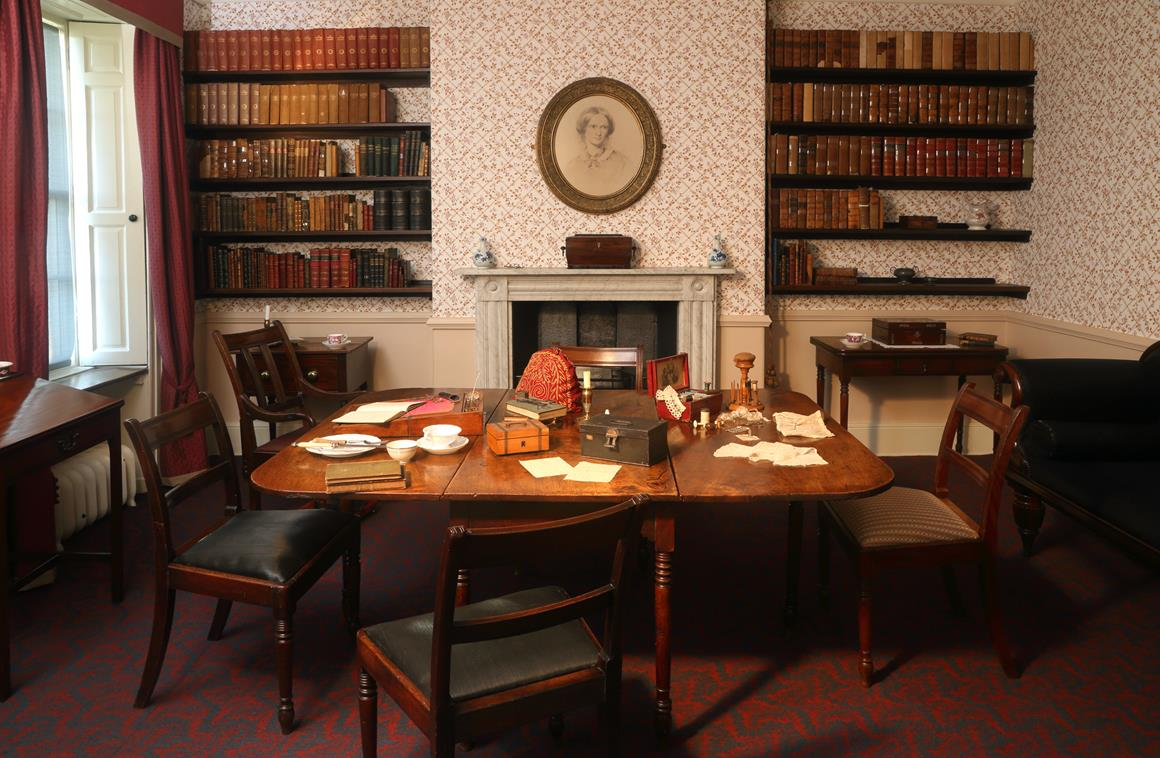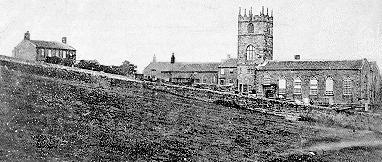Current views concerning Victorian femininity continue to be dominated by the 19th-century concept of domestic purity and the associated figure of the ideal woman, the 'angel in the house', carrying out her mission as wife, mother and daughter.
But we should not allow this particular conception of Victorian femininity to blind us to the existence of different, sometimes conflicting, versions of female respectability in this period. Are we really to believe that upstanding women of the Victorian middle classes did not travel alone in the city? That they did not walk to visit friends and relatives, or travel on the omnibus or underground railway?
'Respectability was not as clear-cut as Victorian domestic values would suggest.'
It is time to take the angel out of the house and place her back on the pavements of the city - not as a victim, but as a confident pedestrian. Evidence of the everyday presence of ordinary women on the city streets can be found in many historical sources from the period.
Women were evidently quick to exploit the new opportunities offered by technology and industrialisation. One lithograph from the 1860s (London Transport Museum) depicts King's Cross, one of the original stations of the underground railway. The focus is on the architecture and the engine, but the incidental details of the figures on the platform show women of respectable dress and appearance, on their own, travelling independently across the city. Indeed, female use of the underground was so extensive that the Illustrated London Newswelcomed the publication, in 1868, of a new railway map which 'appears to be exactly that for which the British matrons are urgent'.
But respectability was not as clear-cut as Victorian domestic values would suggest. The urban crowd brought together strangers of all classes in greater numbers than ever before and offered unprecedented opportunities for social interaction. So we can begin to imagine women as far more active and independent participants in the social and economic world of Victorian cities. Certainly there were dangers in the city (as there still are) but there were also immense possibilities and sources of pleasure and excitement.
bbc.co.uk/history/trail/victorian_britain/women_out
bbc.co.uk/history/trail/victorian_britain/women_out



Geen opmerkingen:
Een reactie posten